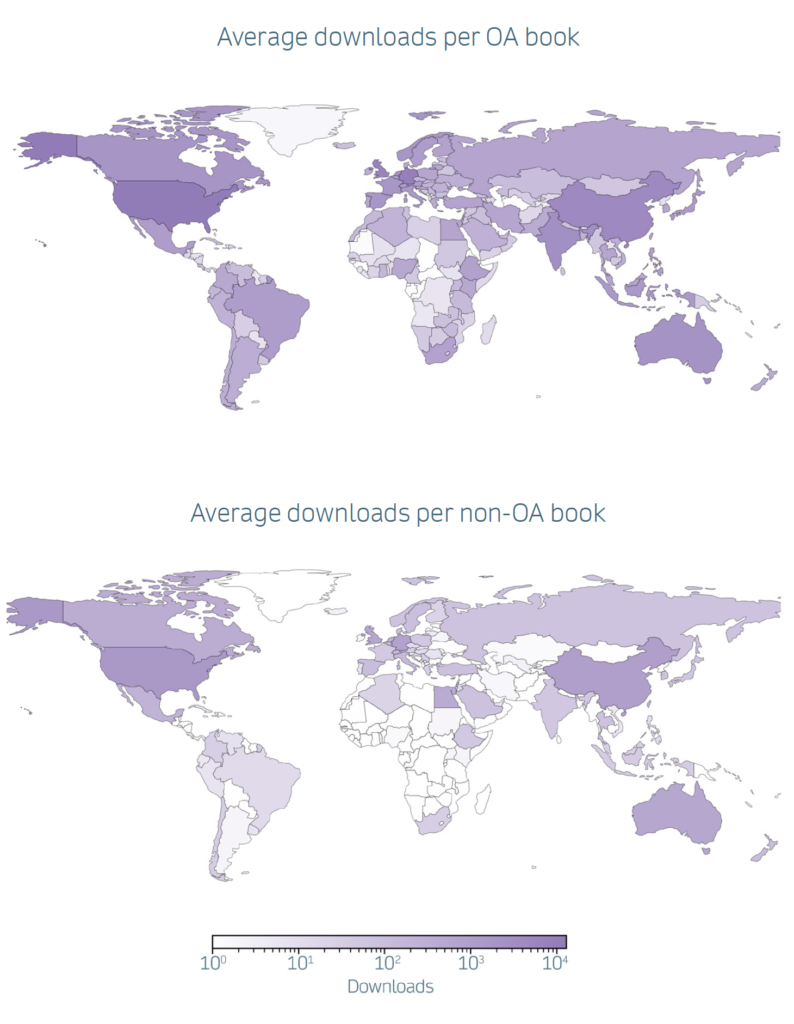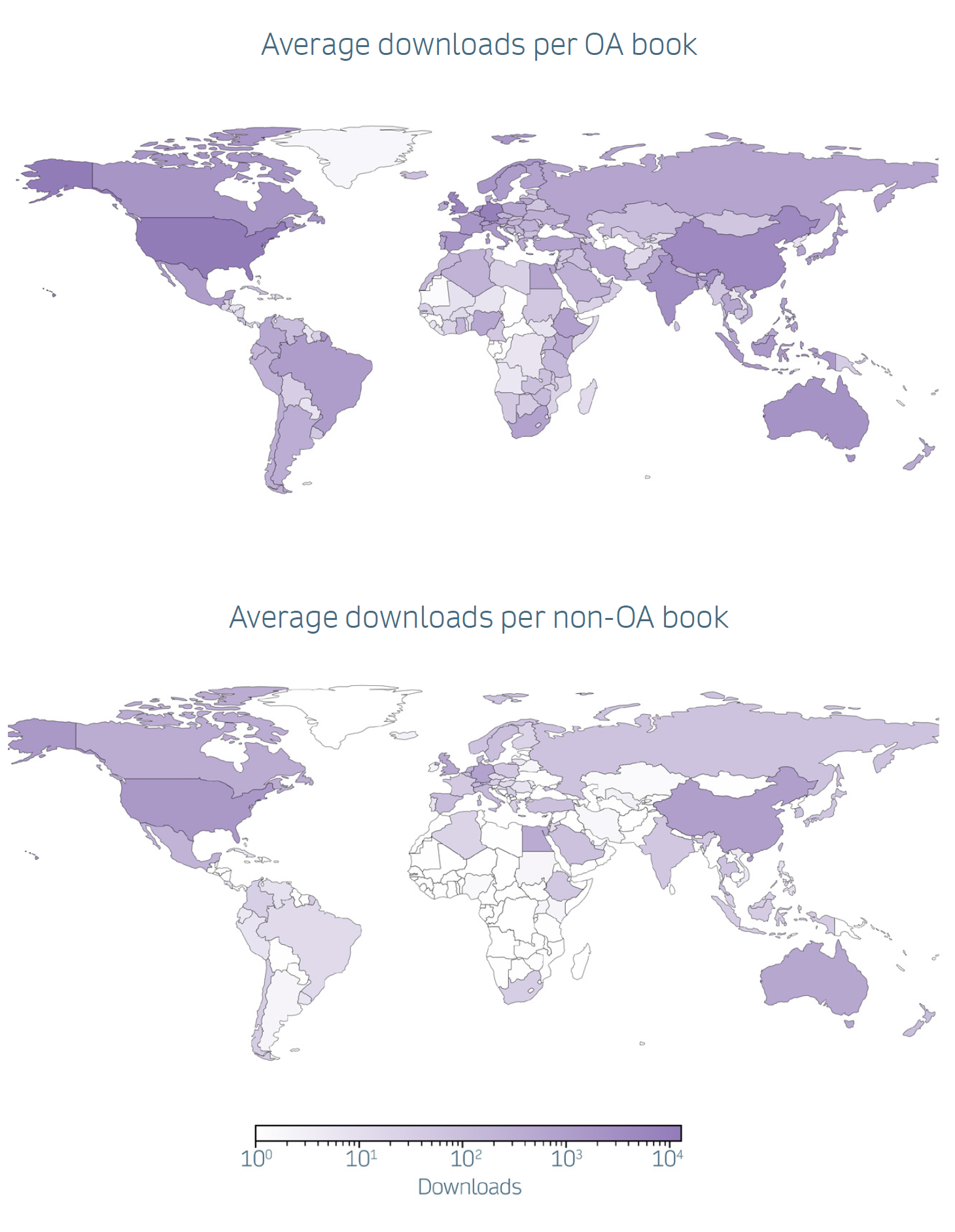OPEN SCIENCE
What’s Wrong with Social Science and How to Fix It: Reflections After Reading 2578 Papers. Alvardo de Menard skimmed through all these papers as part of a DARPA study to assess replicability in the social sciences. The average replication probability was estimated as 54%. Of the 3,000 papers that are part of the study, 250 will be attempted to be replicated.
John Arnold Made a Fortune at Enron. Now He’s Declared War on Bad Science. The profile of the billionaire in Wiredcovers the support of the Laura and John Arnold Foundation for reproducible science initiatives, including its support for the Center for Open Science.
PUBLISHING
Springer Nature said to be planning an IPO this month. It wouldn’t be the first time, and the company appears to be banking on more favorable marketing conditions this time. The volume of the IPO is estimated to be around 1 billion euros.
Springer Nature and ResearchGate have released a first report of their partnership. Full report here. The partnership enables automatic uploads of published papers from a range of journals to ResearchGate author profiles, where they are downloadable to entitled users — e.g. those with relevant institutional access. Non-entitled users will not longer get access to in-line versions of the full text. The additional access channel of subscription material led to increased article reads by 3.6% to 59.7%, depending on journal. Lisa Janicke Hinchliffe and Roger C. Schonfeld have analyzed the conclusions for the Scholarly Kitchen, and one point they are making is that this also strengthens ResearchGate as a researcher identity platform.
IOP Publishing commits to adopting double-blind peer review for all journals. The publisher aims to transition all its journals to fully double-blind peer review by end of 2021.
A Springer Nature and COARD white paper on the usage of open access books. Full report and further materials here. One of the key findings is that “on average, OA books have 10 times more downloads than non-OA books and 2.4 times more citations.” They also support a more diverse global access. “OA books show more usage across a larger number of countries, with the additional countries being amongst the poorer ones globally.” (see figure below)
RESEARCH
Vaccine Makers Keep Safety Details Quiet, Alarming Scientists. Transparency around the protocols and data analysis of the COVID-19 vaccine trials is paramount.
The latest round in the CRISPR patent battle has an apparent victor, but the fight continues. The Broad Institute appears to have made progress in its pursuit of the patent case, although the final words haven’t been spoken yet.
EVENTS
A Peer Review Workshop is being organized by COPE. Online, as part of peer review week on 24 September, 2020, from 4.00pm – 5.15pm BST.

Global usage of open access books compared to non-open access books.
Credit (CC-BY): Springer Nature, Open Access Books; Pyne, Ros; Lucraft, Mithu; Emery, Christina; Neylon, Cameron; Montgomery, Lucy; et al. (2020): Diversifying readership through open access: A usage analysis for OA books. figshare. Journal contribution. https://doi.org/10.6084/m9.figshare.12746177.v1
